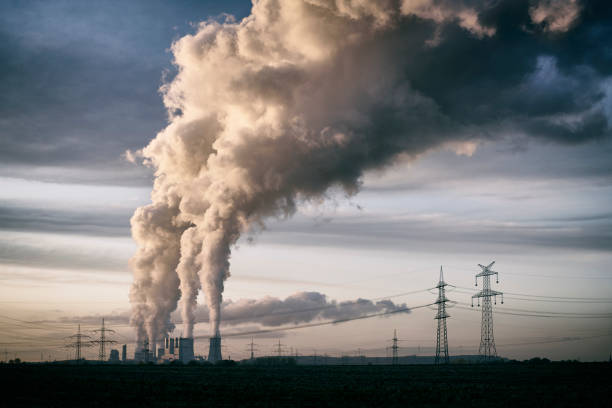Carbon monoxide (CO) is a colorless, odorless gas that is produced when fuels such as gasoline, natural gas, wood, or charcoal are burned. Although it is a byproduct of combustion, CO can be extremely harmful when it builds up to high levels in the air. Carbon monoxide poisoning occurs when someone inhales high levels of CO, leading to serious health problems and even death.
Symptoms of Carbon Monoxide Poisoning
The symptoms of carbon monoxide poisoning can be difficult to recognize because they are similar to those of other illnesses. However, if you experience the following symptoms, it is important to seek medical attention immediately:
Headache
Dizziness
Weakness
Nausea
Confusion
Blurred vision
Chest pain
Shortness of breath
Rapid heart rate
Loss of consciousness
If you suspect that you or someone else has been exposed to carbon monoxide, it is important to get fresh air as soon as possible. Open windows and doors and evacuate the area.
Treatment for Carbon Monoxide Poisoning
Carbon monoxide poisoning can be life-threatening, so it is important to seek medical attention immediately if you suspect that you have been exposed. The following are the treatments that are commonly used to treat carbon monoxide poisoning:
Oxygen Therapy: This is the primary treatment for carbon monoxide poisoning. The goal of oxygen therapy is to replace the carbon monoxide in the blood with oxygen. Oxygen therapy can be delivered through a mask that covers the nose and mouth or through a breathing tube.
Hyperbaric Oxygen Therapy: This is a specialized treatment that involves breathing pure oxygen in a pressurized chamber. The high pressure helps to remove the carbon monoxide from the blood more quickly and effectively.
Antidote Therapy: There is no specific antidote for carbon monoxide poisoning, but there are medications that can be used to manage the symptoms. For example, aspirin can be used to relieve headaches and other symptoms of carbon monoxide poisoning.
Monitoring: After treatment, it is important to monitor the person for any additional symptoms or complications. This may include monitoring heart rate, blood pressure, and other vital signs.
Preventing Carbon Monoxide Poisoning
The best way to prevent carbon monoxide poisoning is to be aware of its sources and to take steps to reduce your exposure. The following are some tips to help prevent carbon monoxide poisoning:
Install carbon monoxide detectors in your home: These detectors will alert you if there are high levels of CO in the air.
Keep appliances and heating systems well-maintained: Regular maintenance will help to ensure that these devices are working properly and not producing excessive amounts of CO.
Avoid using fuel-burning appliances in poorly ventilated areas: This includes using grills, generators, or gasoline engines indoors.
Avoid using a stove or oven to heat your home: This is a dangerous practice that can lead to the buildup of CO in the air.
In conclusion, carbon monoxide poisoning is a serious health problem that can be life-threatening if not treated promptly. Symptoms of CO poisoning can be difficult to recognize, so it is important to be aware of the sources of CO and to take steps to reduce your exposure. If you suspect that you have been exposed to CO, seek medical attention immediately.

 Home
Home Health
Health Diet & Nutrition
Diet & Nutrition Living Well
Living Well More
More












